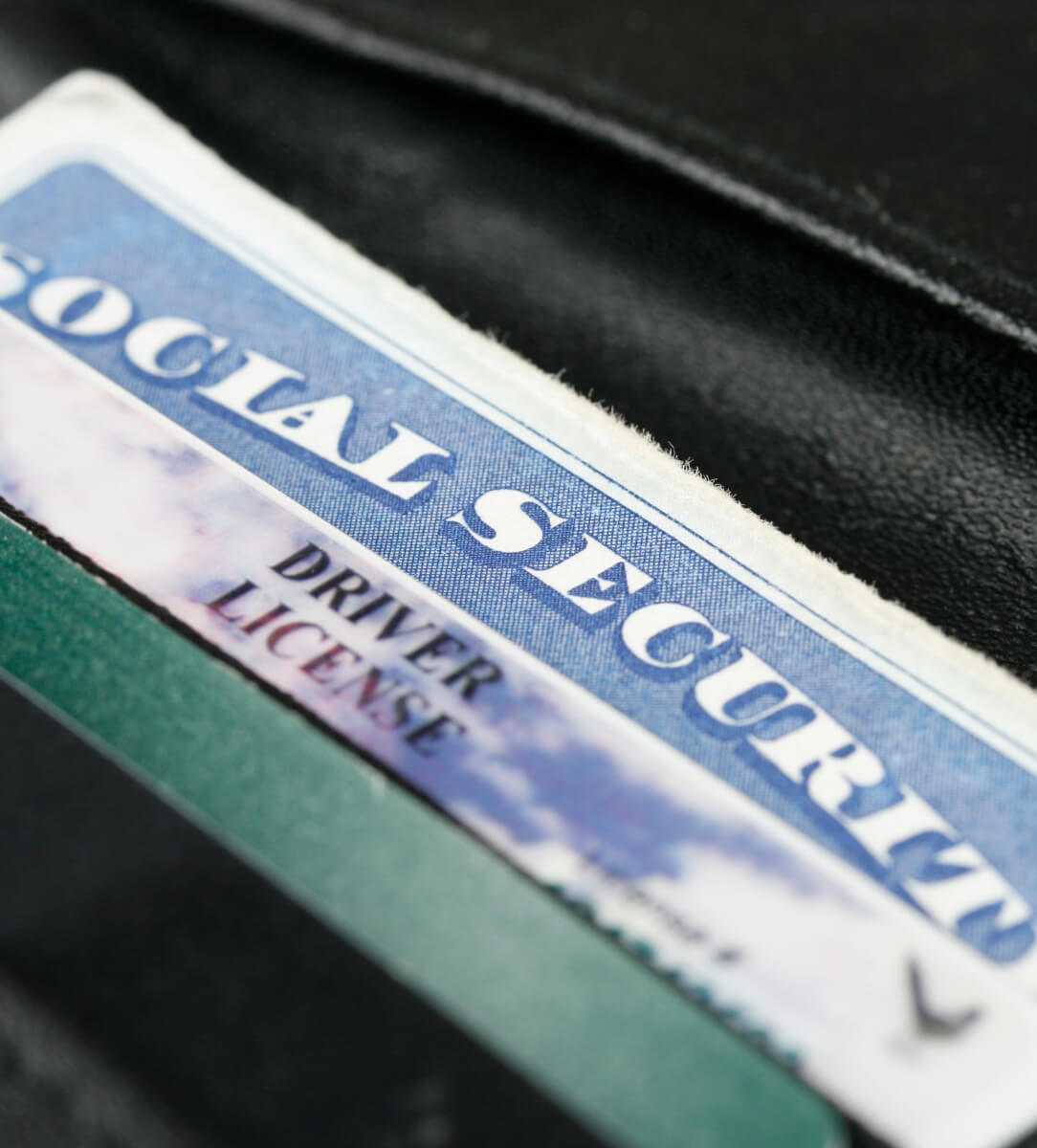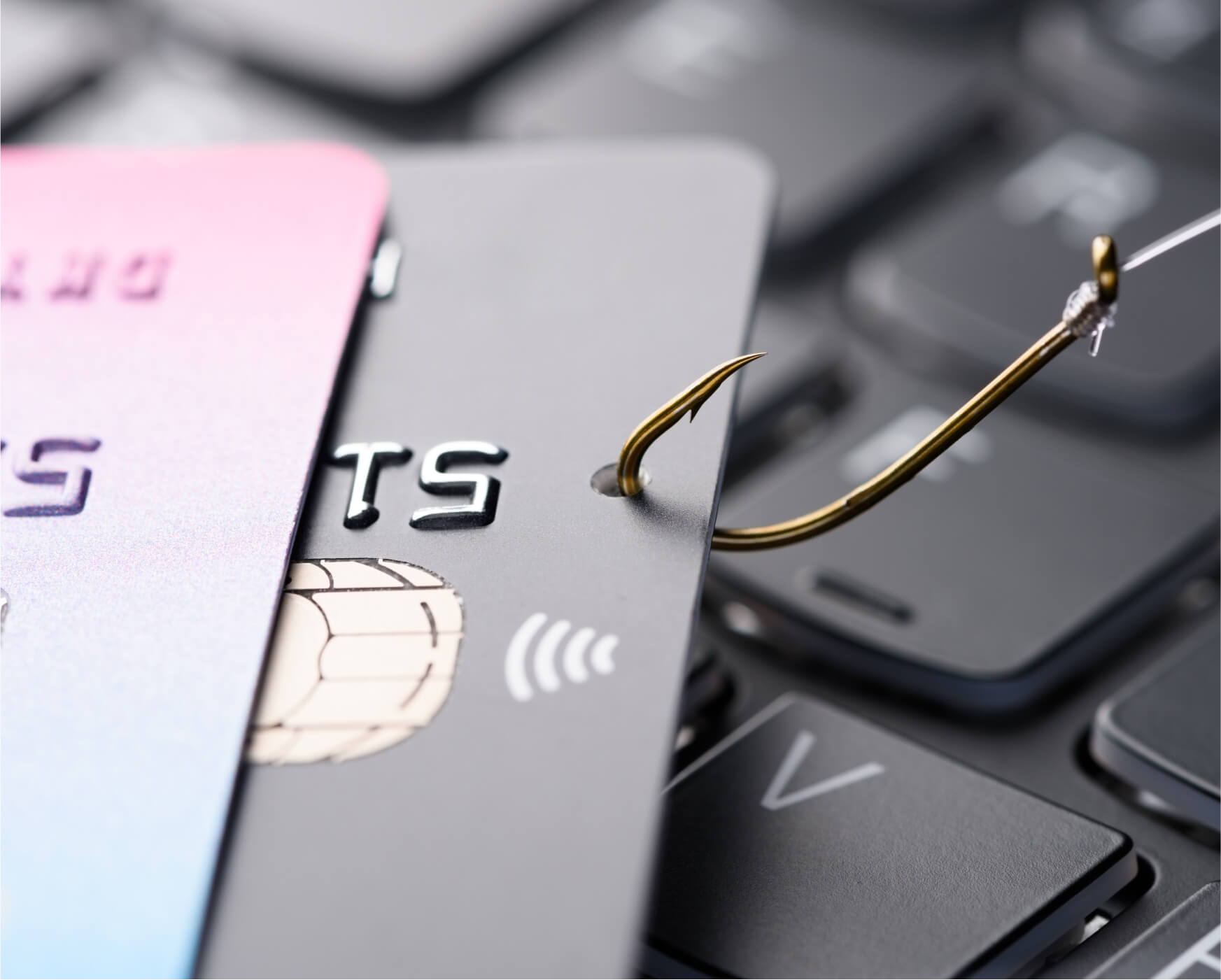Fraud Prevention
Fraud Prevention
Some easy ways to protect yourself from fraud are to keep anything with your personal or account information in a safe place, provide your information only to trusted sources and reduce the amount of mail you receive with personal information.
Quick tip
Palmetto Citizens will never contact you by phone, text or email to solicit personal information. If any person or electronic media does so and claims to be from PCFCU, please contact us immediately.
To learn more about identity theft and protecting yourself, view the "What is Identity Theft?" module in our Financial Wellness Center or choose one of the topics below to learn more:

Social Media Shopping Scams
During the holiday season, beware of common scams popping up all over social media designed to steal your money or card information. If you see an incredible deal or hard-to-find item showing up in your Facebook, TikTok, or Instagram feed, proceed with caution!
These ads or posts may direct you to an online store that is fake, even if it looks legitimate. They are targeting consumers looking for price discounts or hard-to-find items but will only steal your debit/credit information or you'll end up paying for something you'll never receive.
To protect yourself this holiday season, or any time of year:
Be cautious of deals too good to be true.
If a deal seems extraordinarily good, stay skeptical. Research the company thoroughly before you buy.
Shop with reputable companies.
It's always best to shop with companies you already know and trust.
Do your research.
If you come across an appealing item from an unfamiliar company, it's especially important to do research. Look up their website, physical address, and contact information. Read reviews on third-party websites and comments left on their social media pages. You can also search the company name and the word "scam" just to be safe.
Make payments with your credit card.
When shopping online, use your credit card to pay. Controlling fraudulent charges (and possibly getting your money back) will be much easier with this payment method.
Monitor Your Accounts & Set Up Alerts
To help protect your accounts from fraudulent activity, you should monitor them regularly by logging in online or viewing your account statement. If you see any unauthorized activity, contact the financial institution or company immediately.
You should also consider establishing text and/or email alerts on your accounts to help stay up-to-date on any activity. To set up alerts for your Palmetto Citizens account(s), log into online or mobile banking and choose 'Alerts & Notices' from the menu. You can establish alerts based on transactions, balances and more.
In addition, make sure your phone numbers, mailing addresses and email addresses are current with all your accounts so they can contact you should they detect any fraudulent activity. To verify your information with Palmetto Citizens, log into your account online or with our app and choose 'Settings' from the menu.
Fake Check Scams
Fake Check Scams
There is no legitimate reason why anyone would give you a check or money order and ask you to send money anywhere in return. If that is the deal, it is a scam.
Phony sweepstakes, lotteries and grants, work-at-home schemes, foreign business deals and other scams are not new and do not always involve fake checks – sometimes the crooks simply ask you to send money. However, using realistic-looking checks or money orders makes their stories more convincing.
Fraud is constantly evolving, so be on guard for anything that seems suspicious. Since money sent to crooks is often gone forever, STOP, THINK, and GET ADVICE first from your state or local consumer protection agency.
If You Fall Victim of Identity Theft
Contact each of the major
Tell them to flag your file with a fraud alert and statement that creditors should get your permission before opening any new accounts. Credit bureaus must also give you a free copy of your report if it is inaccurate due to fraud. Review your reports carefully to make sure no additional fraudulent accounts have been opened or unauthorized changes made to your existing accounts
Contact the creditors
For any accounts that have been tampered with or opened fraudulently. Ask to speak with someone in the fraud department, and follow up in writing.
File a report with your local police
The police in the community where the identity theft took place. Keep a copy in case your creditors need proof of the crime.







